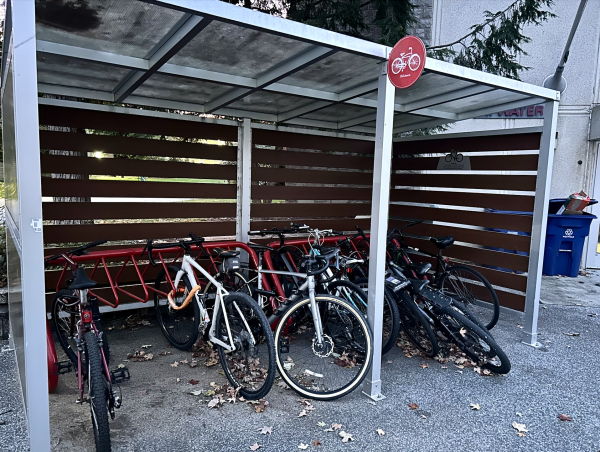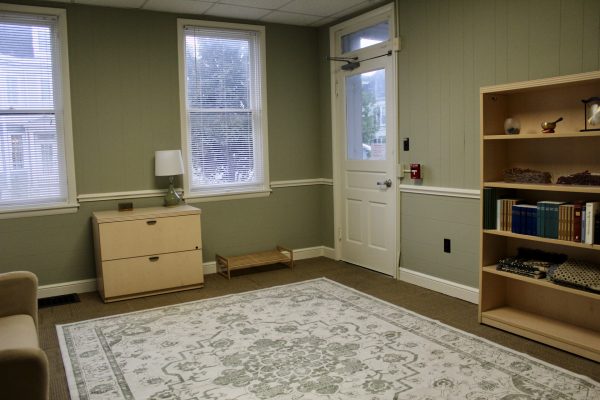Parking Fees Working as Expected
Charging students for parking brought in nearly sixty thousand dollars for Dickinson College, according to Associate Vice President for Sustainability and Facilities Planning Ken Shultes. This figure is only expected to rise as students purchase parking passes for the spring semester. Shultes said that revenue from the passes is roughly at the expected level. “Our expectation was that the parking tag revenue would be approximately $60K, and the revenue generated to date is just short of that amount,” Shultes said, “People are still purchasing spring semester tags, and so it appears that we will reach $60K.” Revenue from the parking fees is used in the annual operating budget, Shultes said.
The fee is 30 dollars for a semester or 50 dollars for the whole academic year. The college has issued roughly 1,180 parking passes for this academic year according to Dee Danser, chief of the department of public safety (DPS), all of which will expire on July 1st of this year.
However, the decision to charge for parking has had an unclear impact on the number of cars brought to campus. Danser said that it is “hard to tell” whether there was a change in the number of people parking at campus because there was no expiration date on the decals used previously. While there is no record of previous parking numbers, “we are not seeing overcrowding in student lots like we have in the past,” Danser said. However, Danser stated that she has heard from “a number of students throughout the year who may have brought vehicles to campus in the past if there was no charge for parking who decided not to bring them due to the parking permit fee.”
Shultes agreed with Danser. “There are definitely more open spots in our parking lots, and we haven’t noticed an increase in ‘curbside’ parking in the vicinity of campus,” he said. Shultes said “more people have made the decision to walk or ride their bikes to campus as a result of the parking tags,” but currently the college has no data on whether anyone changed their behavior. However, “we did issue multiple carpool passes, which definitely takes cars off the road and reduces associated carbon emissions,” Shultes said.
Students explained their frustrations with the new parking fees. Maddie Carroll ’22 said that she does not pay for parking and that it is unnecessary. “I just use the street parking (that is free) in front of my residence,” she said. Abby Brickler ’21, further expressed frustrations and said, “There’s already limited parking to begin with, so the places where you can park are very specific and on the street there’s not often a spot.”
The college instituted a parking fee for the fall semester where members of the college community are required to pay for a pass. Revenue from the parking fees is used in the annual operating budget, Shultes said.





Scout Waverly • Jan 31, 2020 at 3:55 pm
This seems highly unlikely: “more people have made the decision to walk or ride their bikes to campus as a result of the parking tags.”